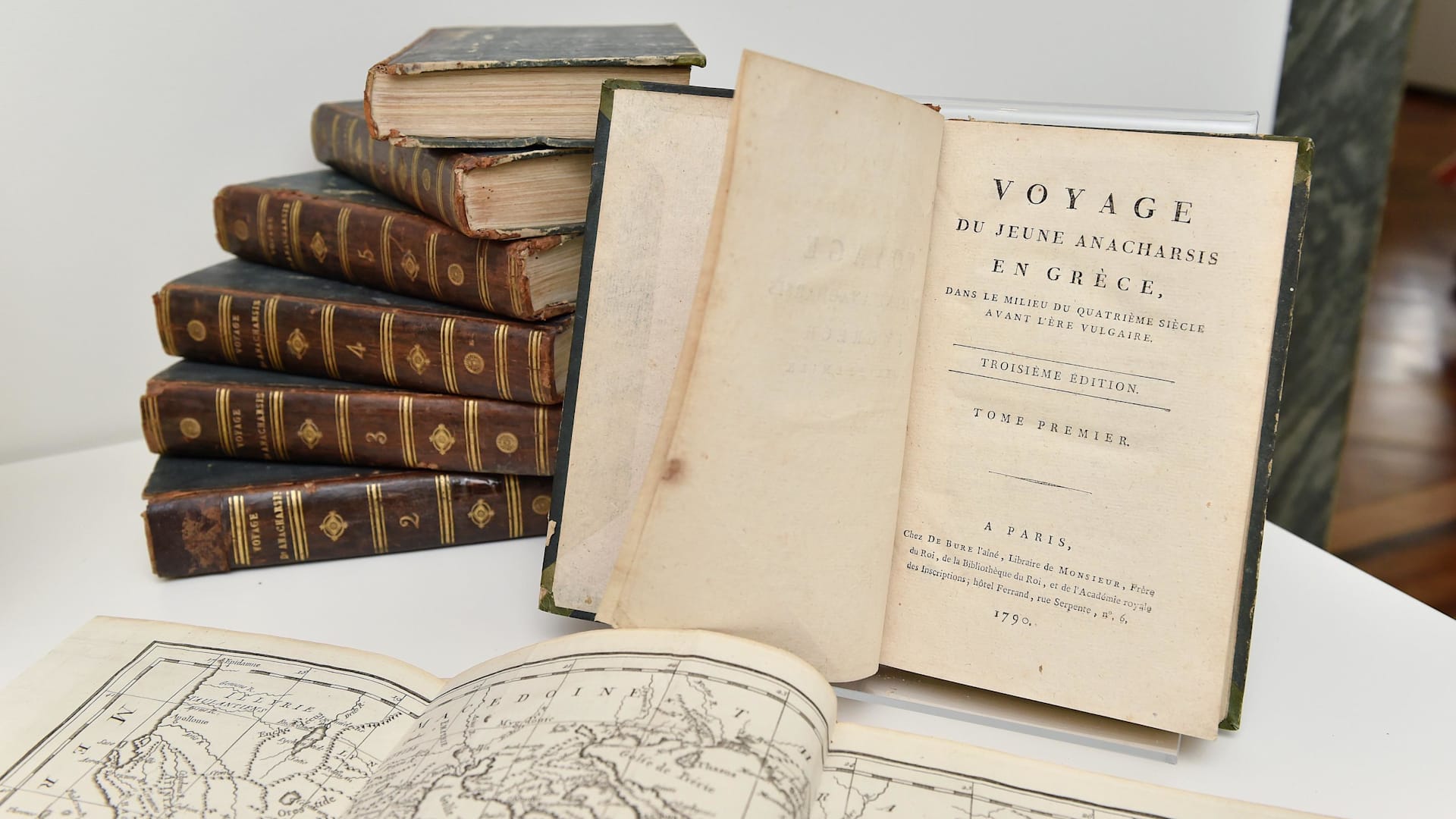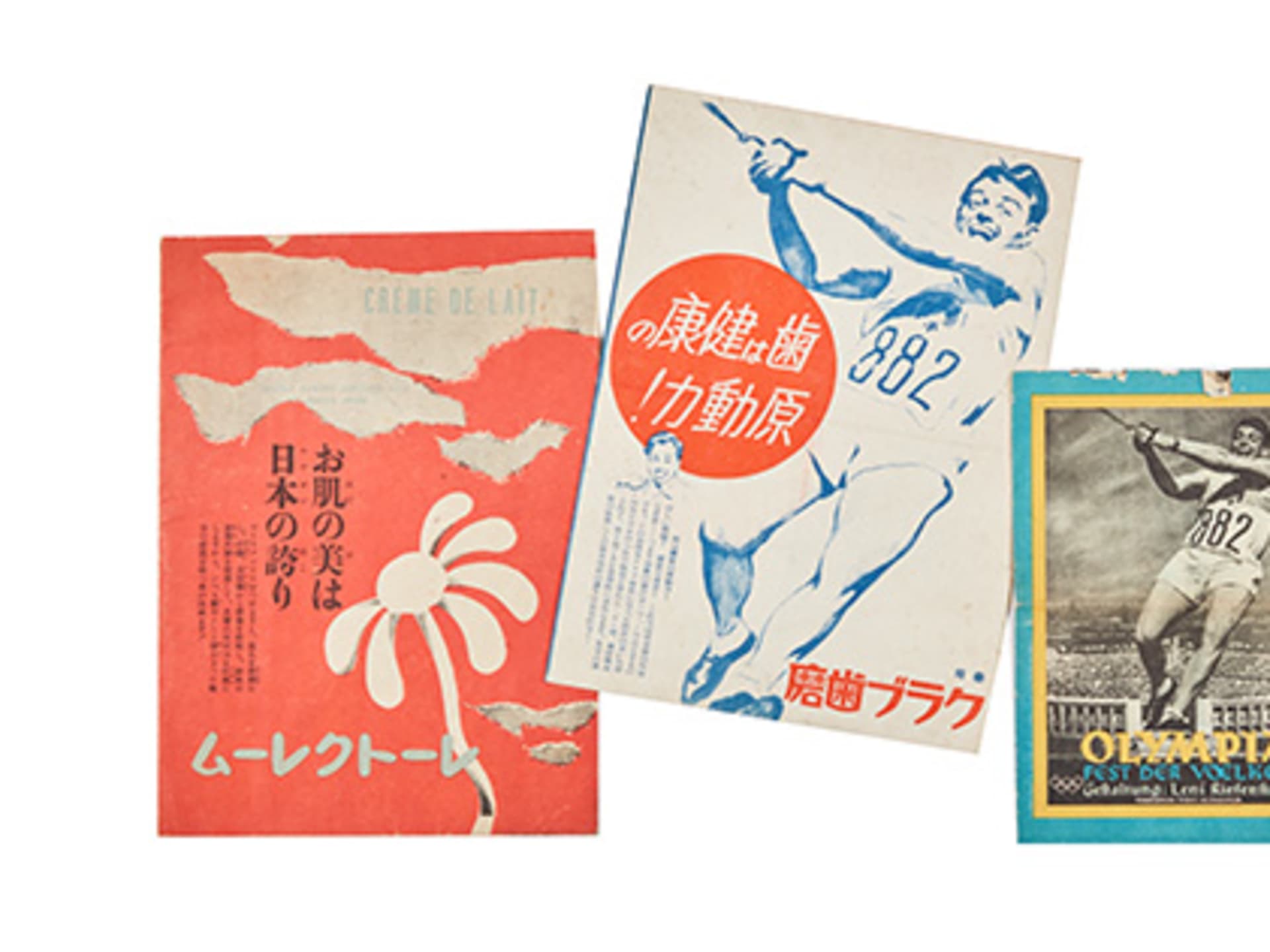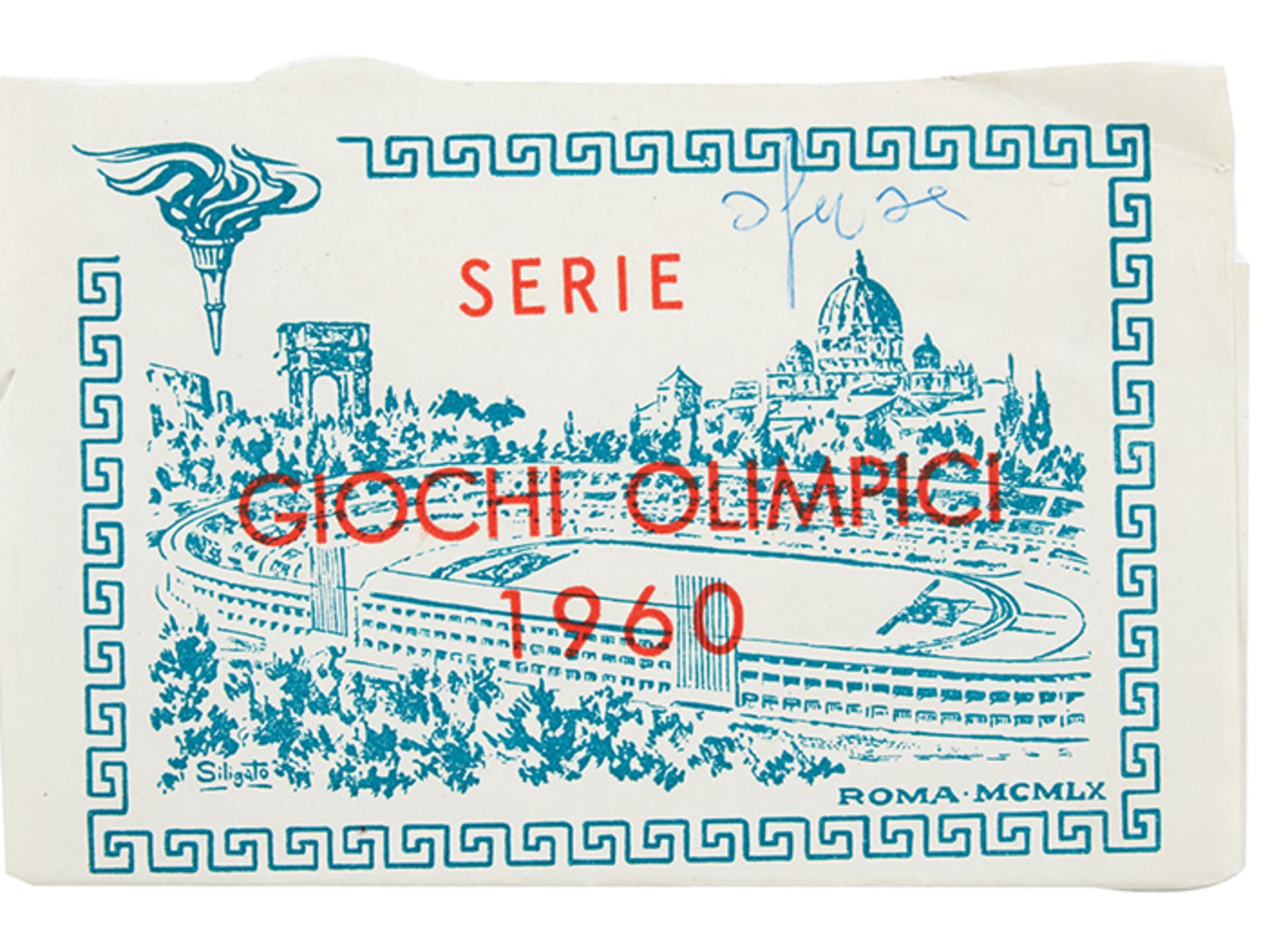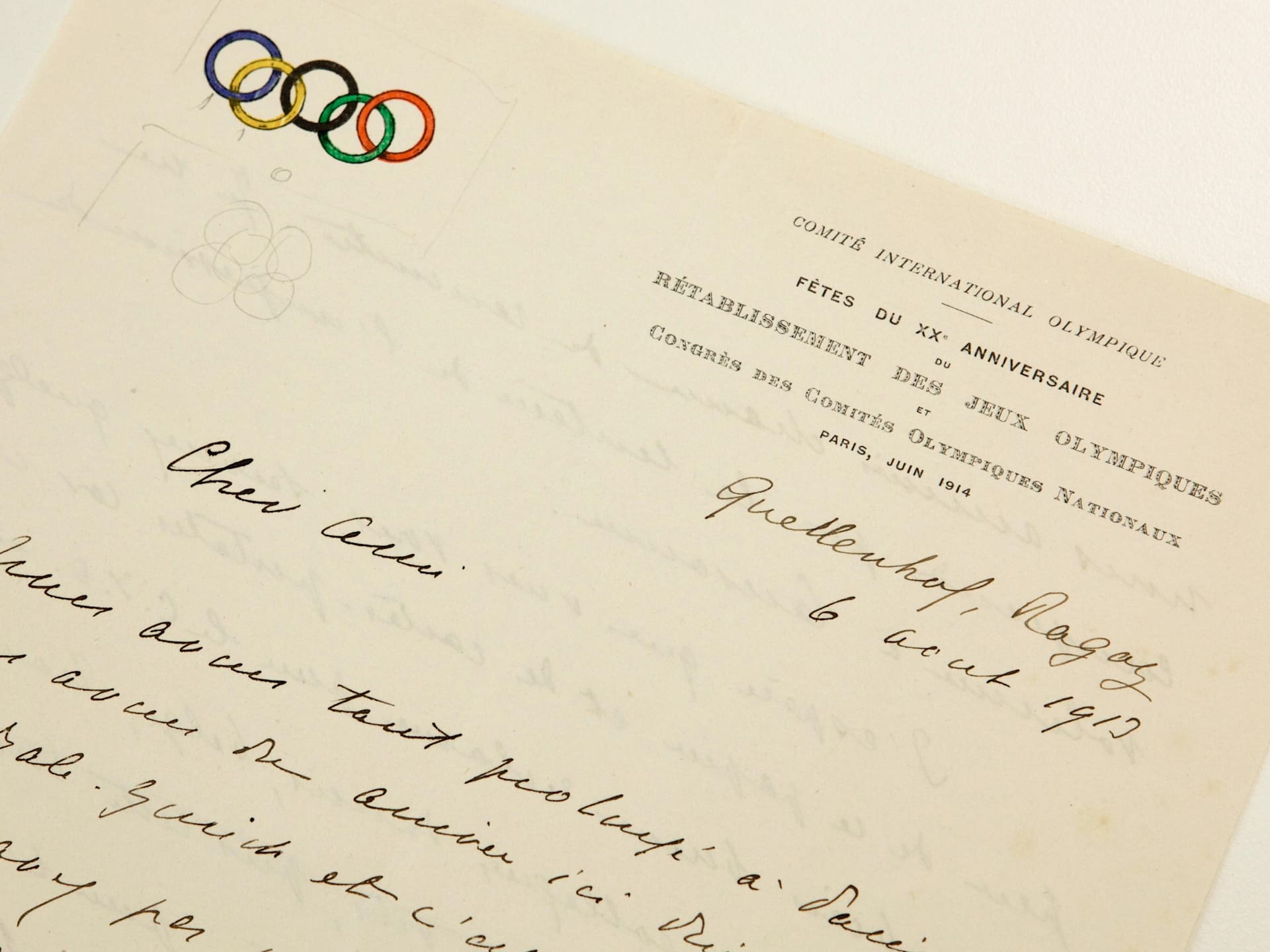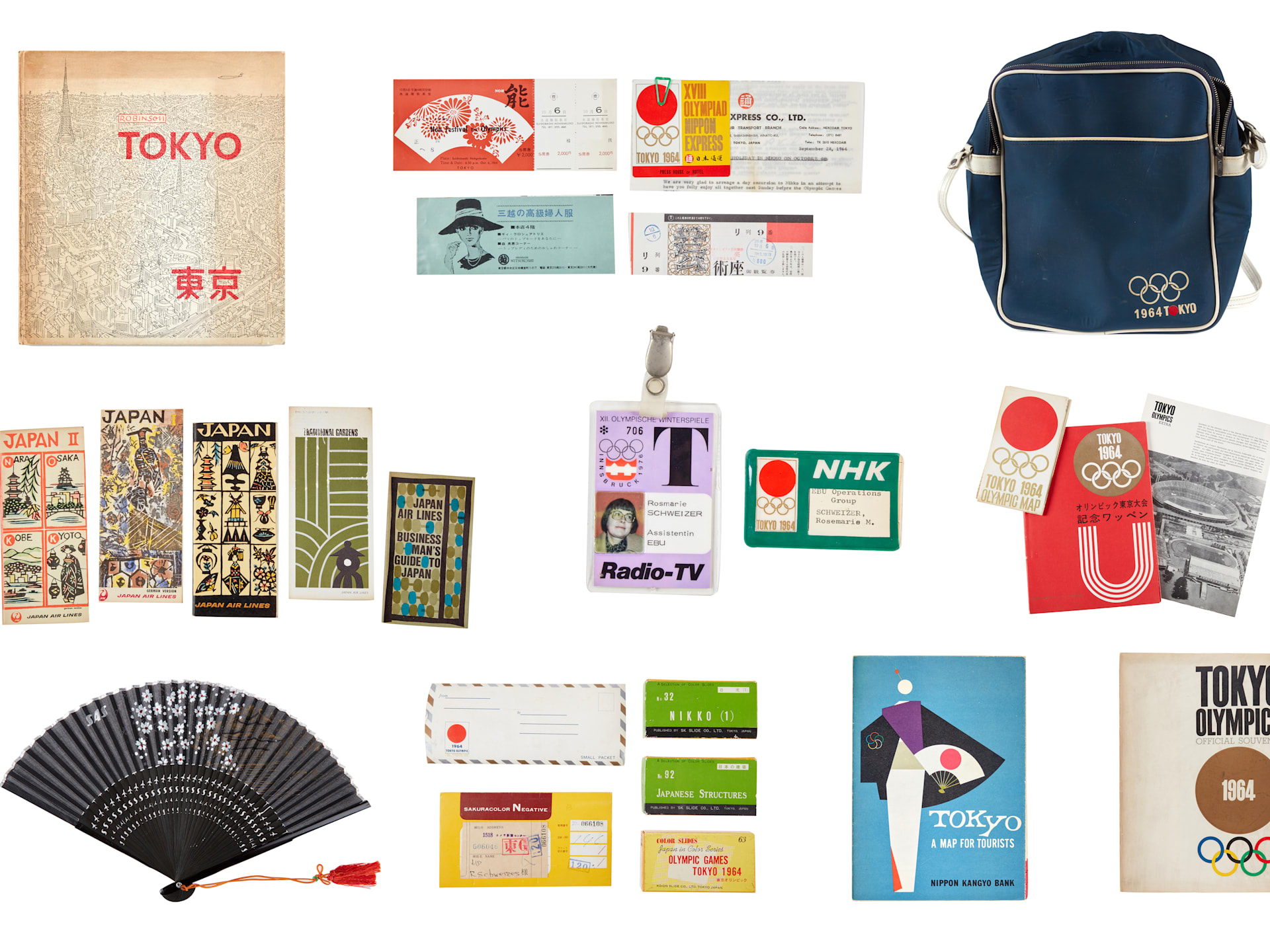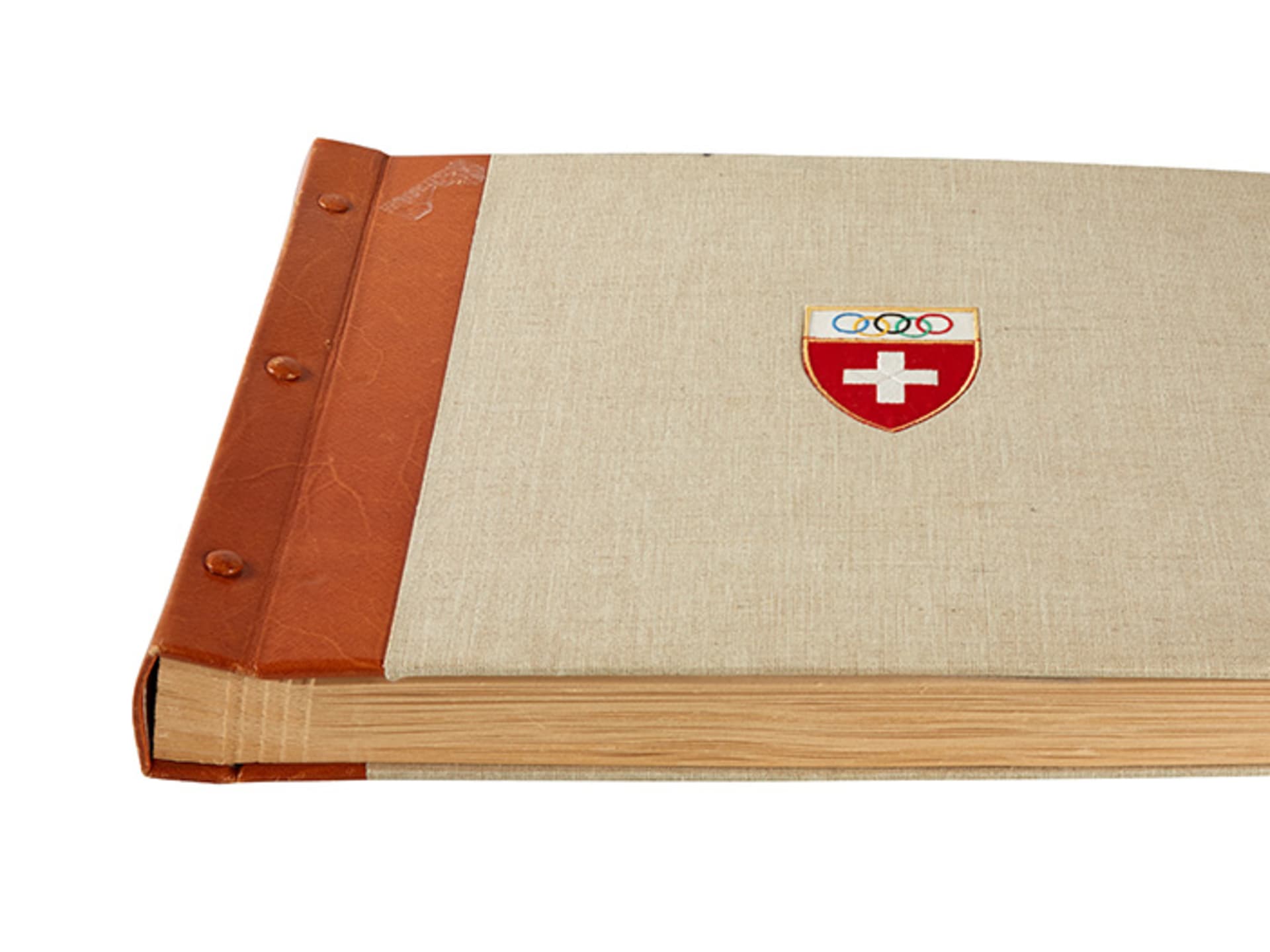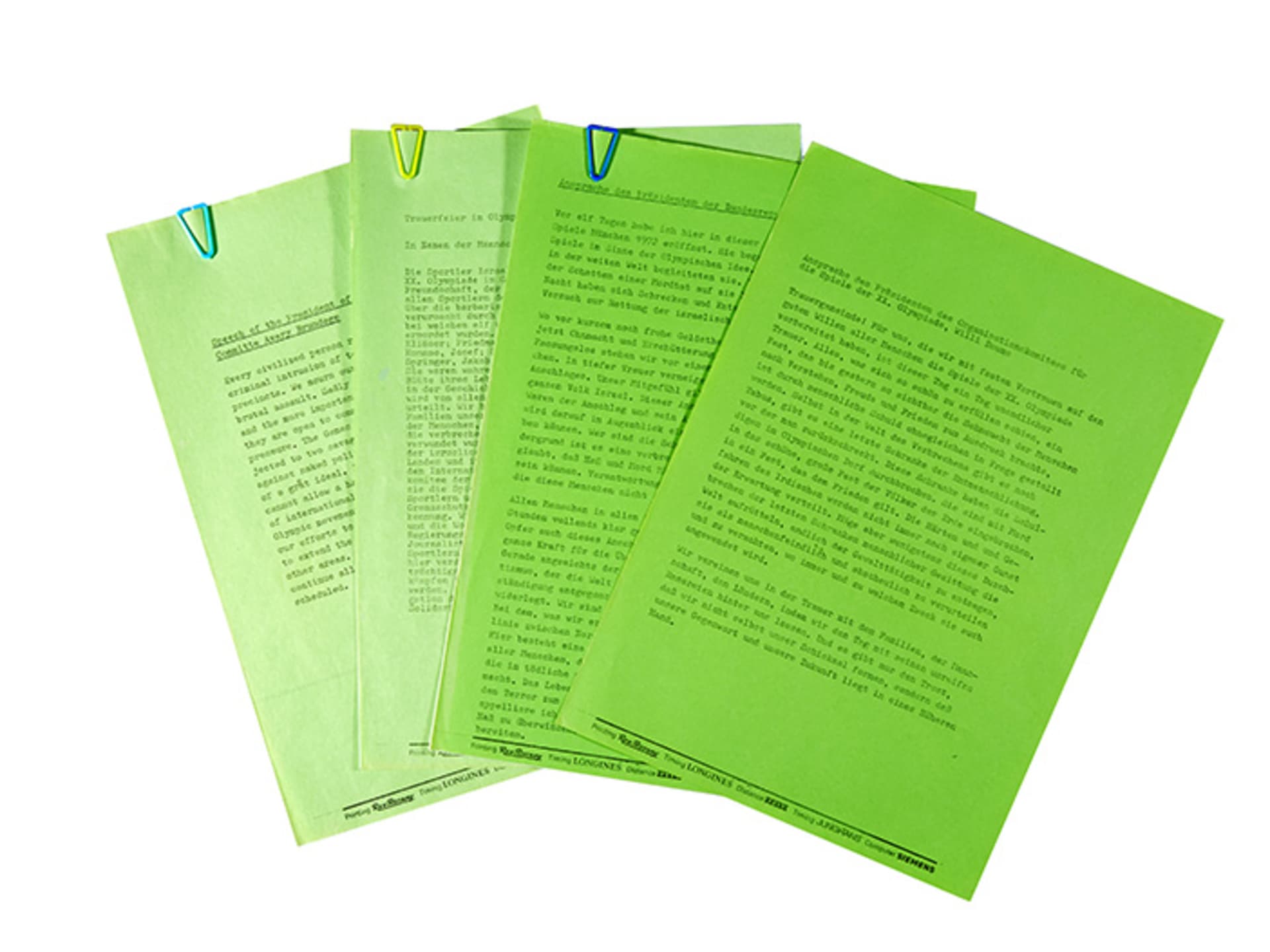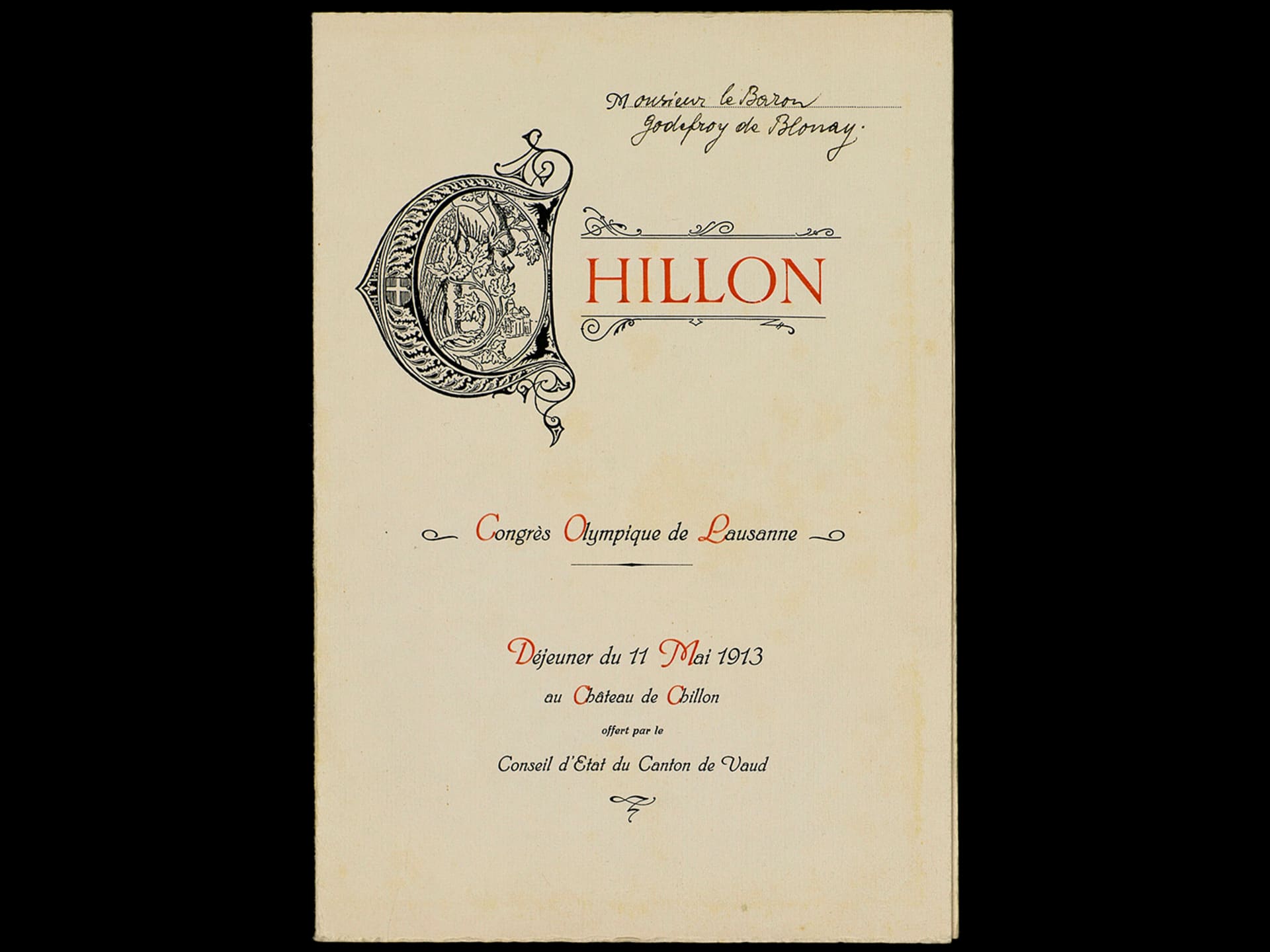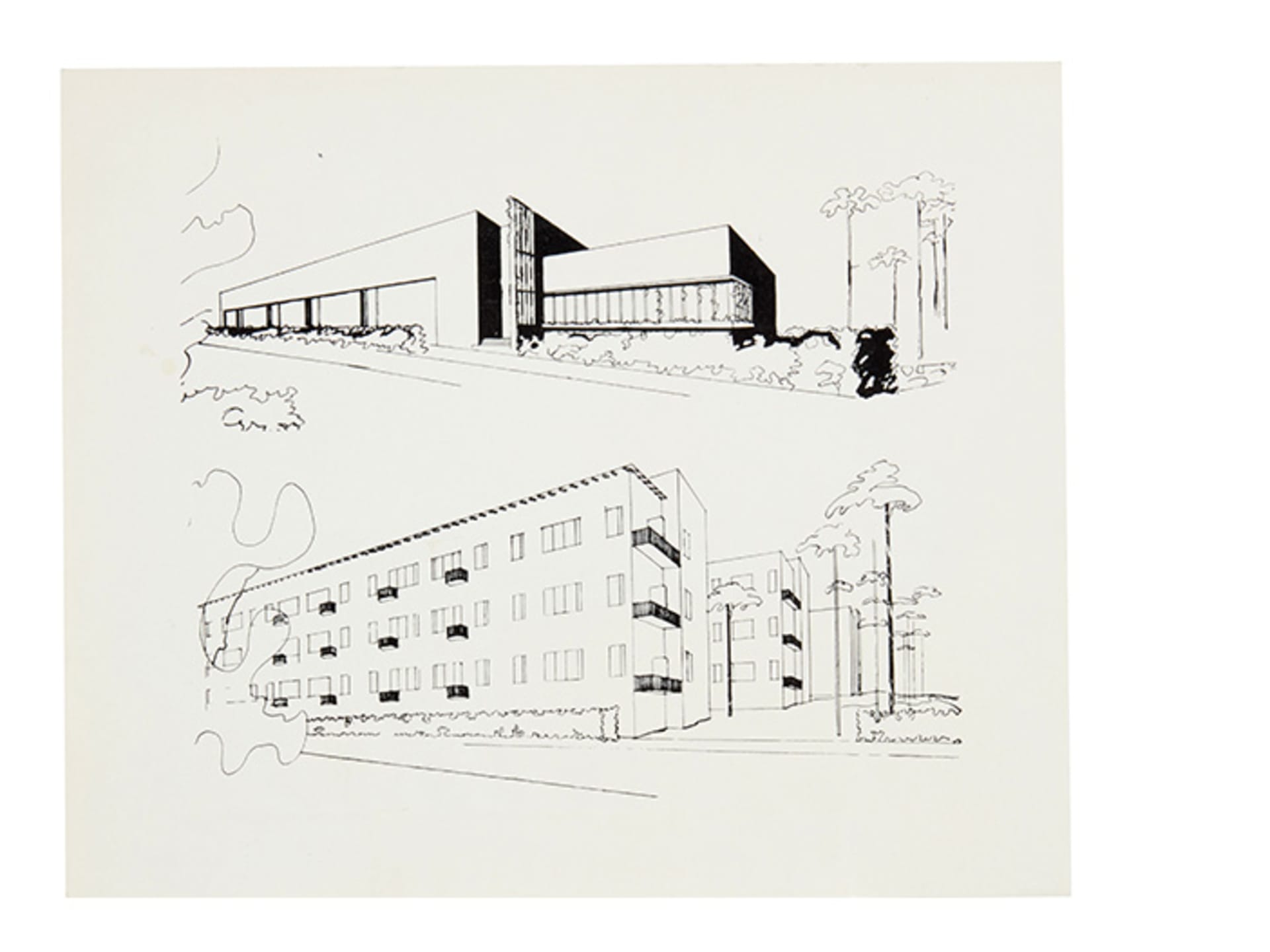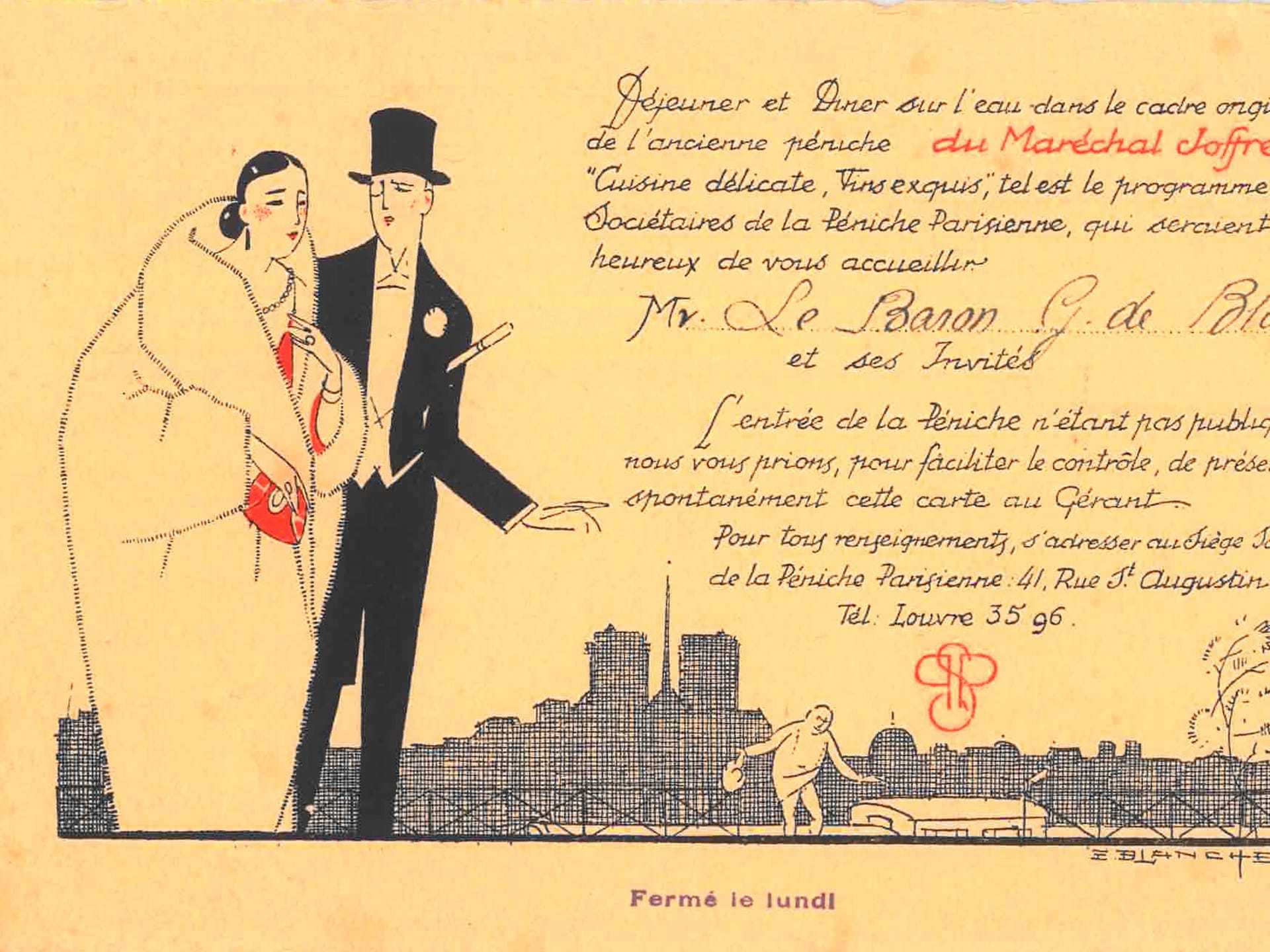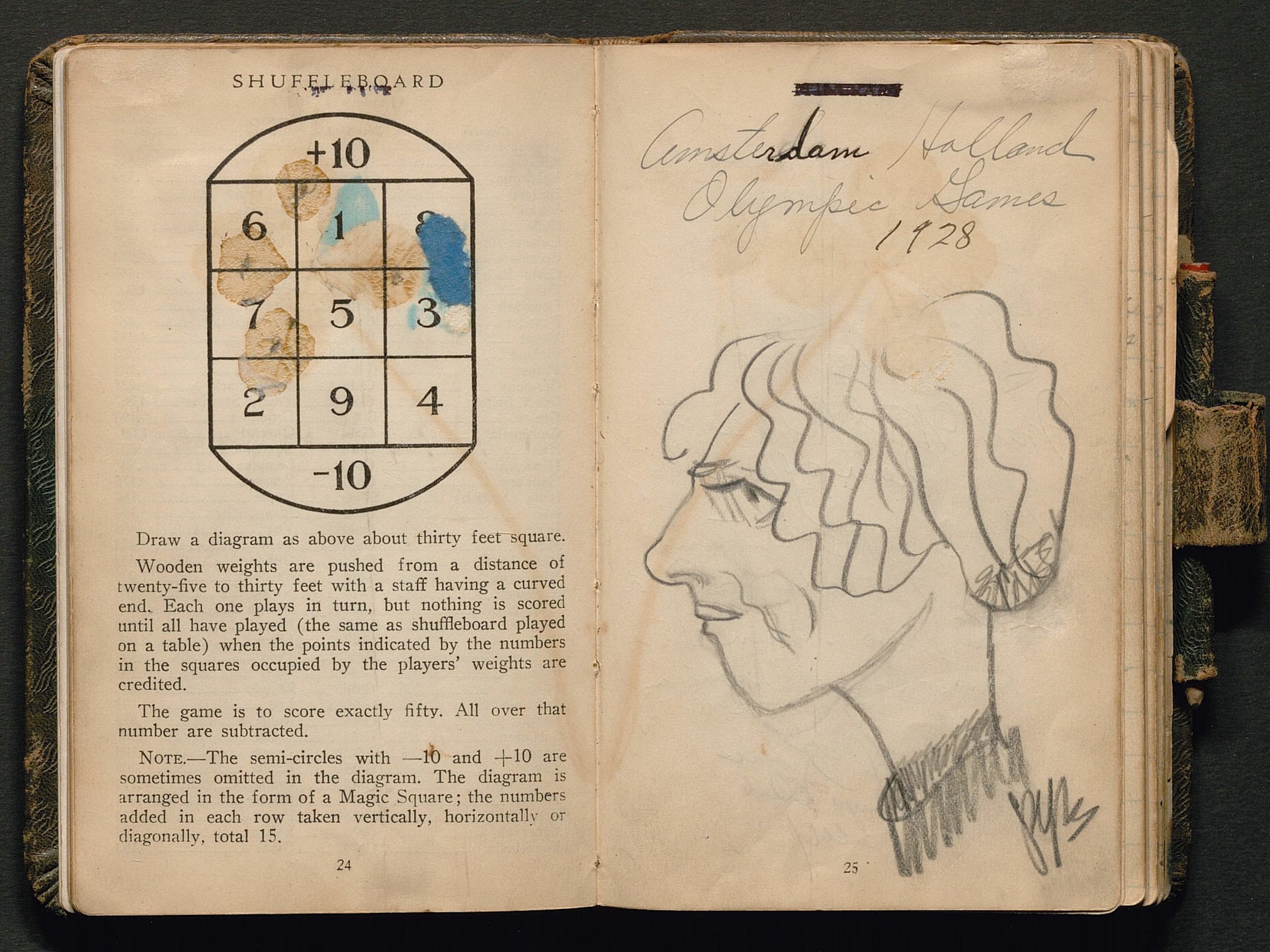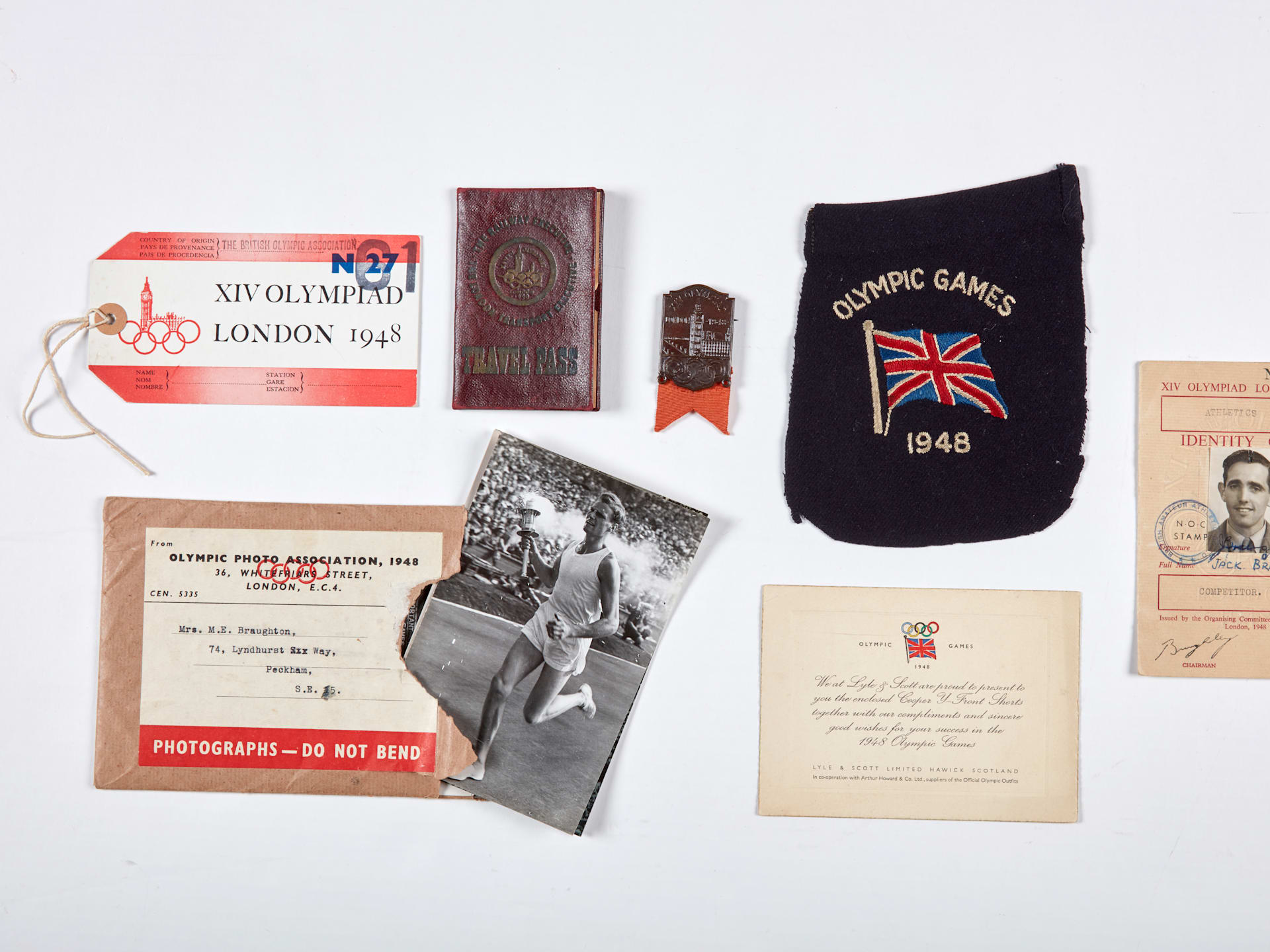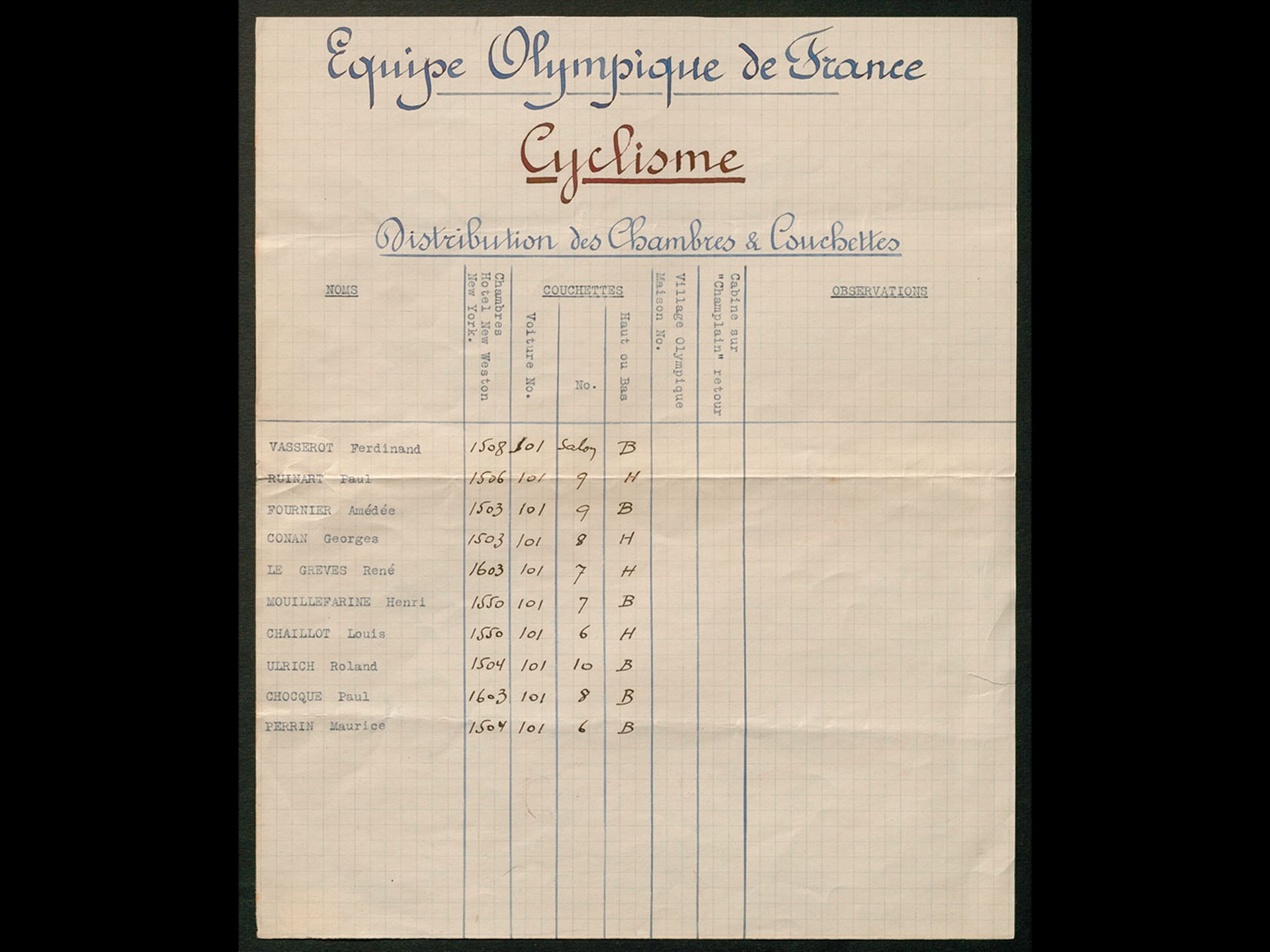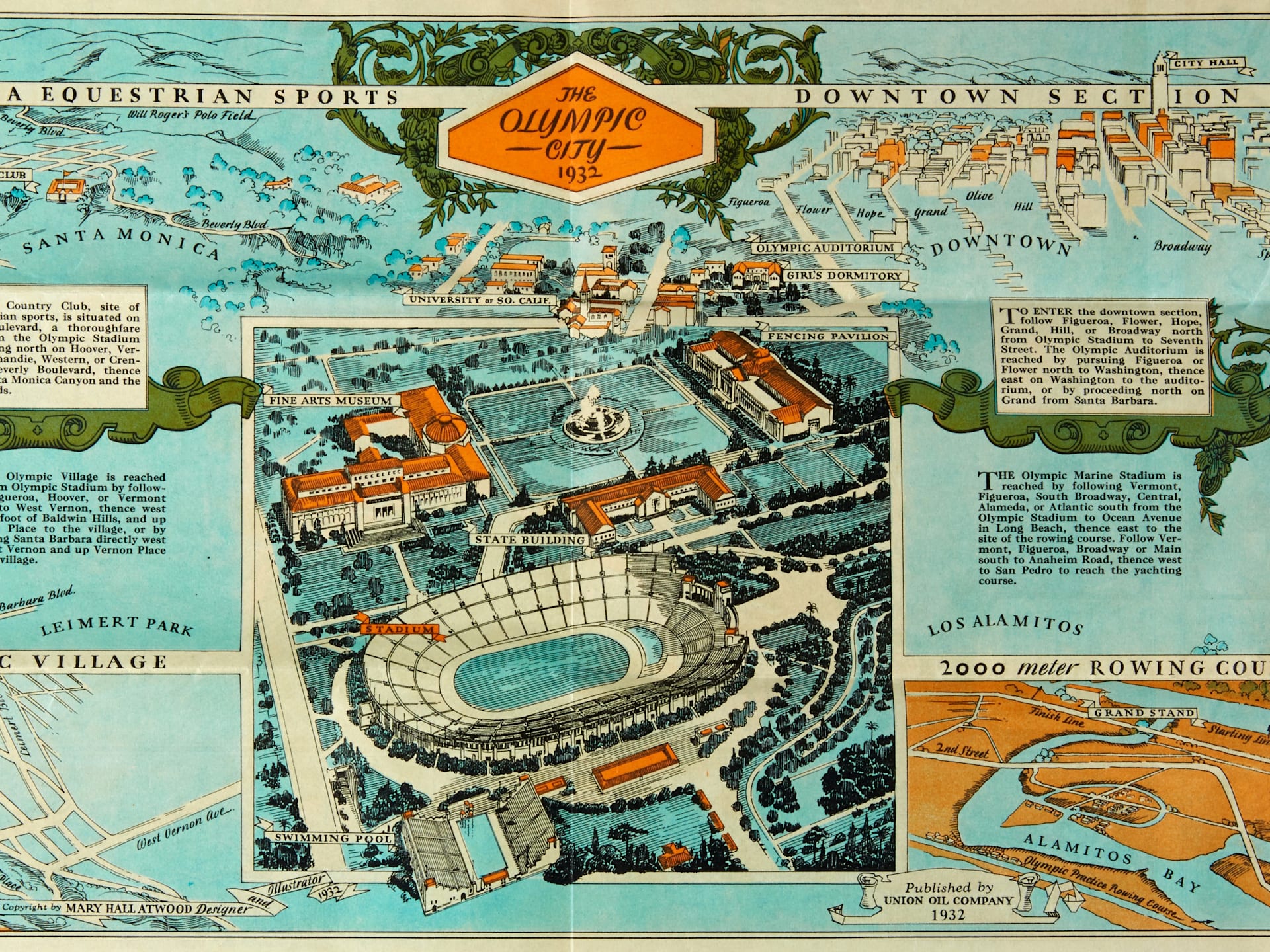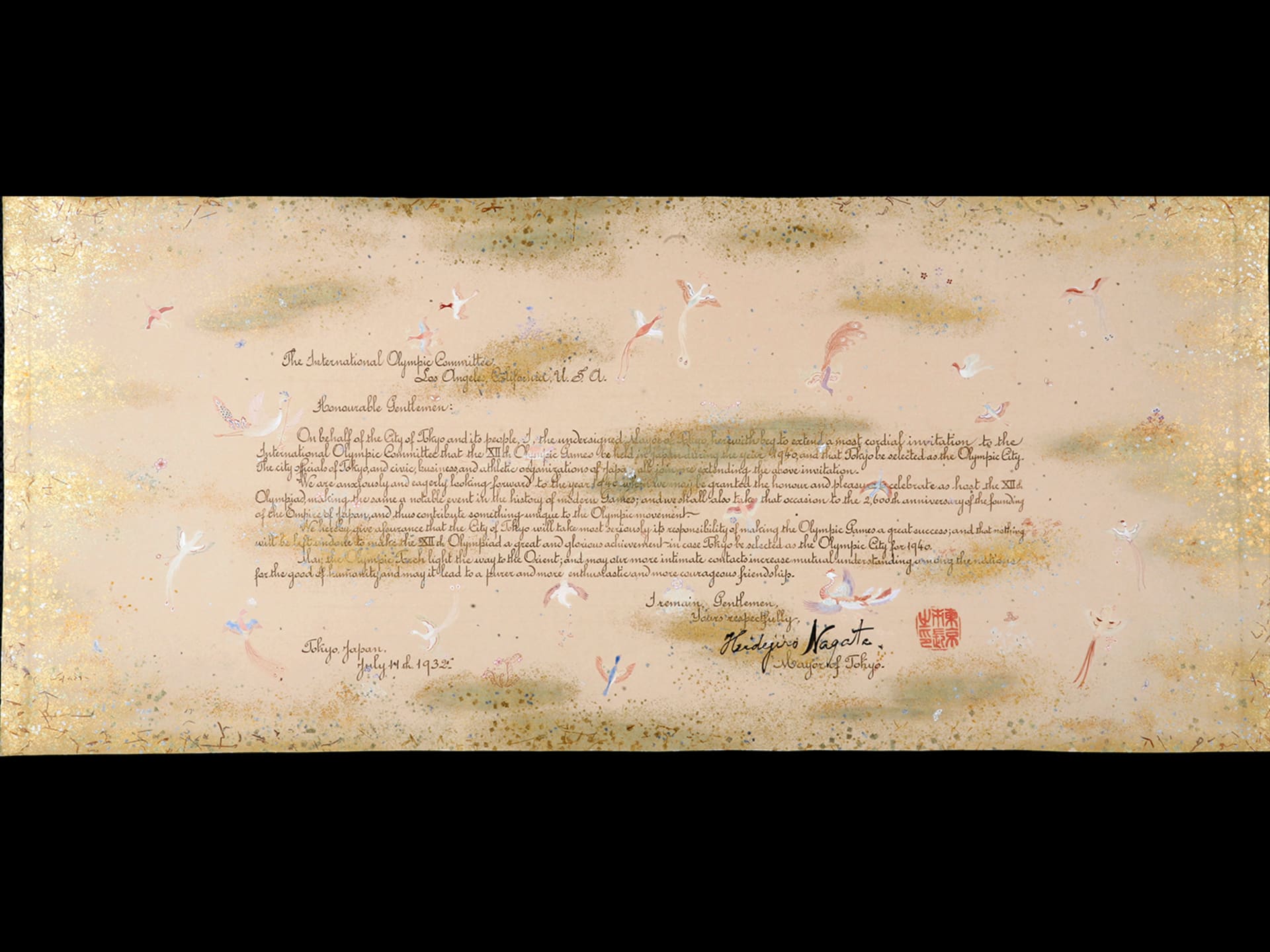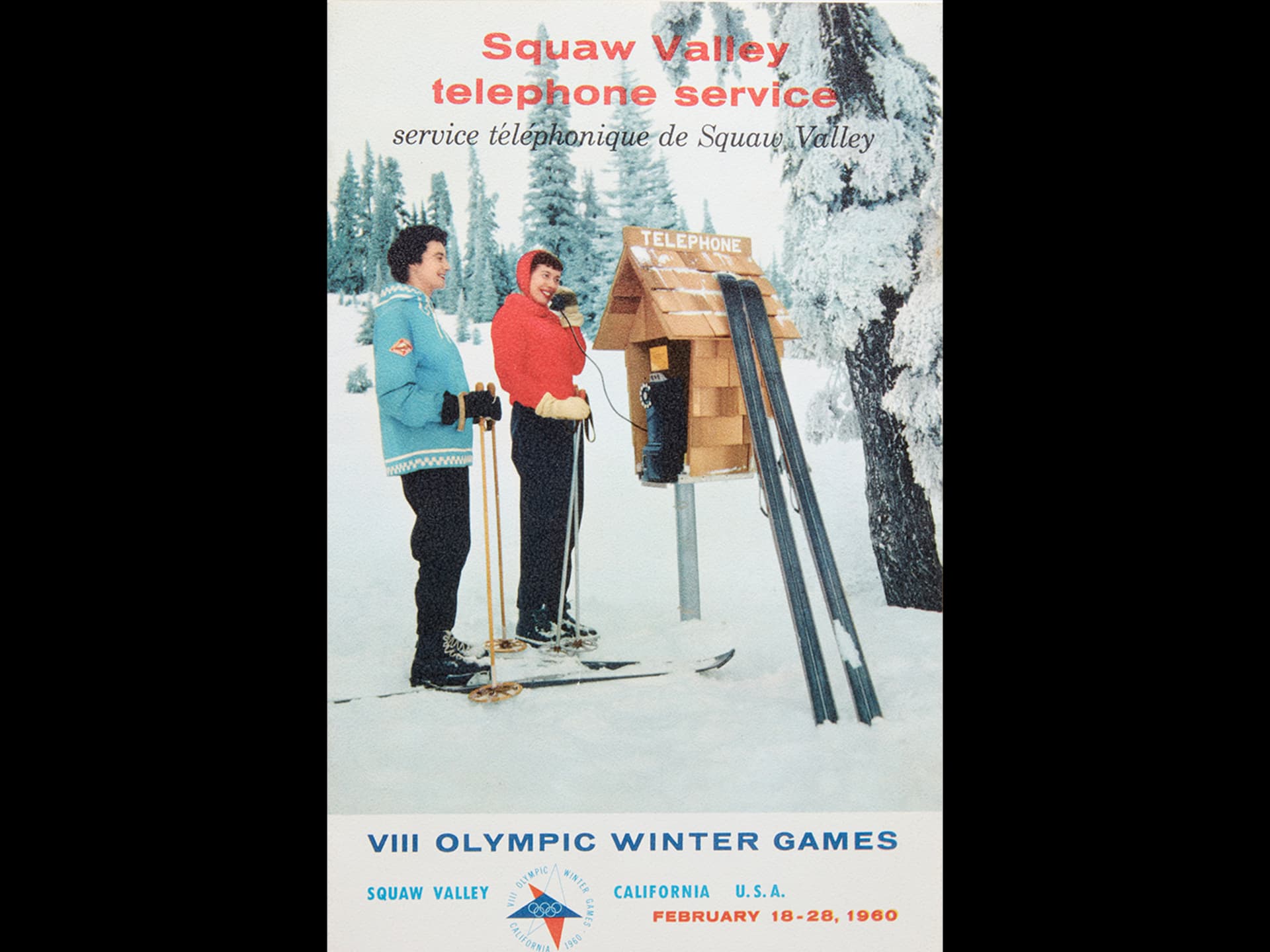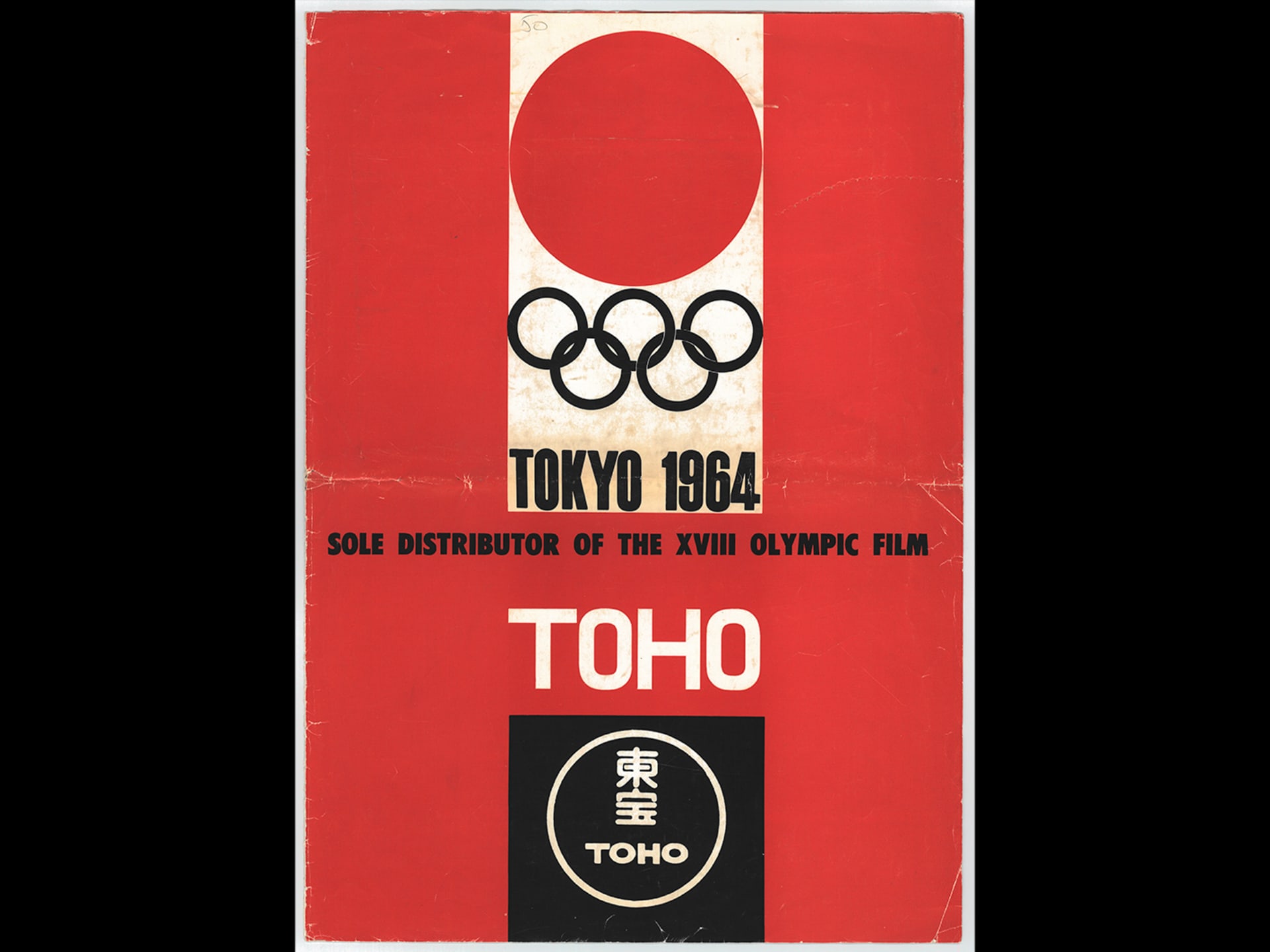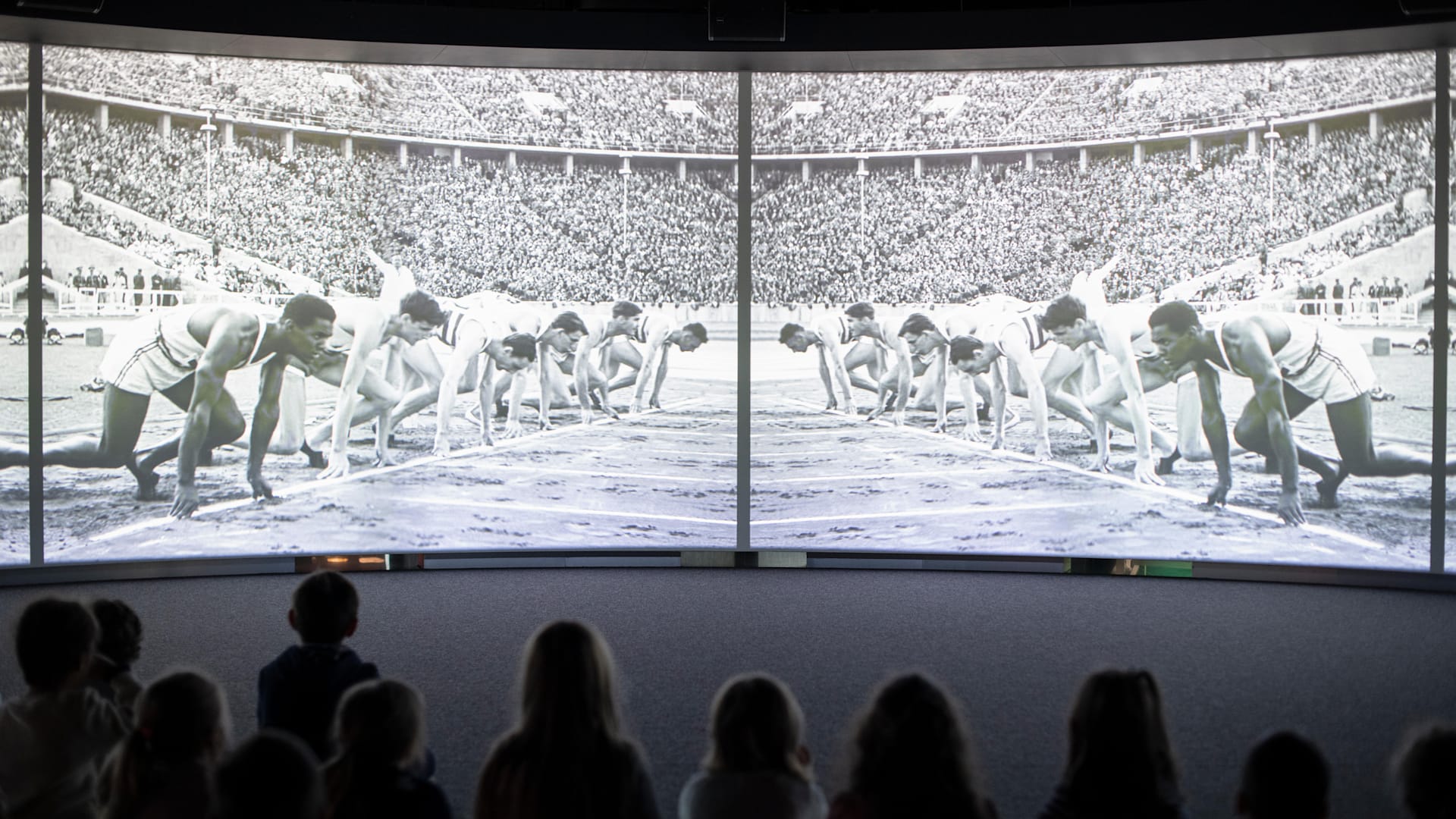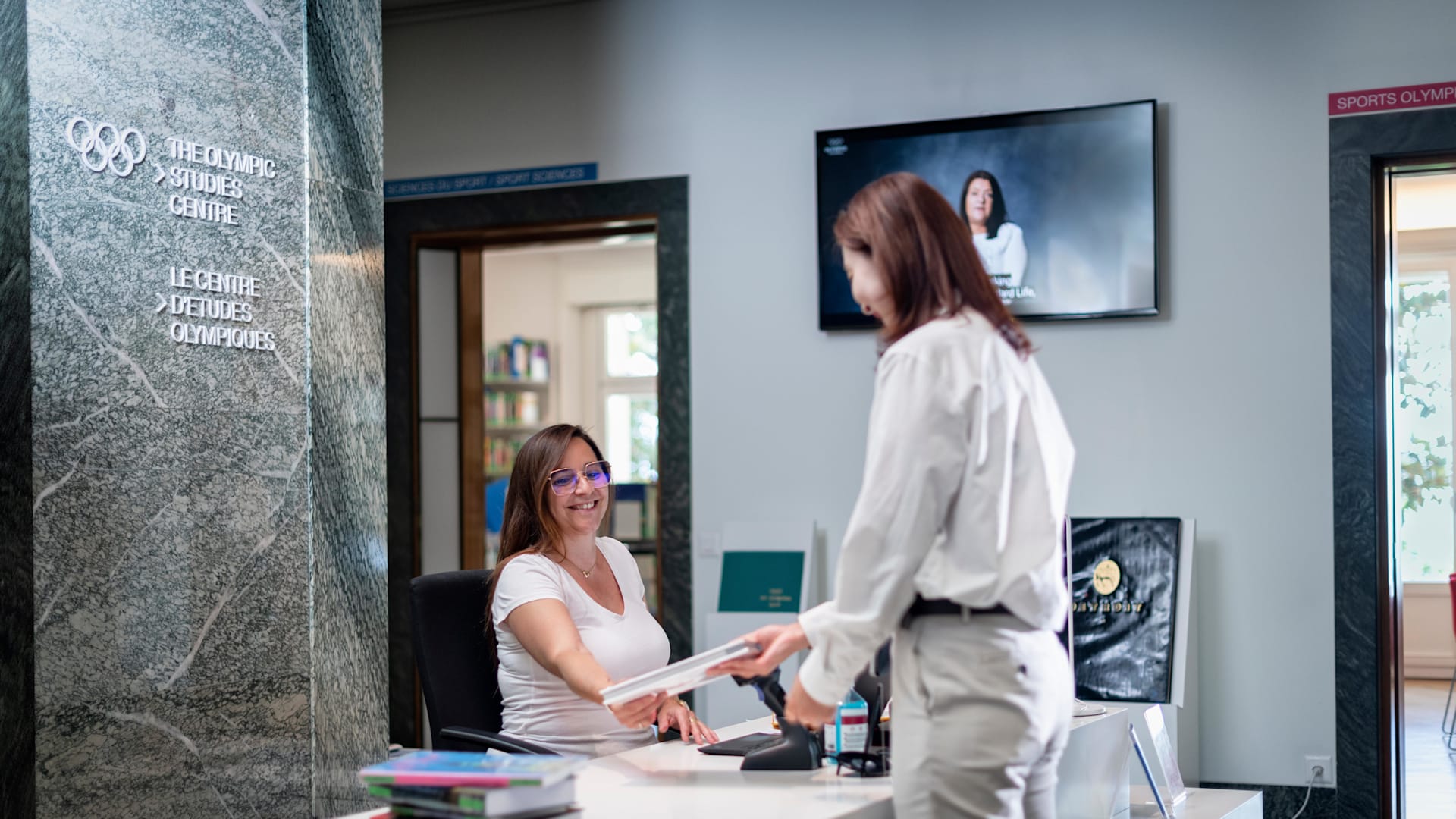HISTORICAL ARCHIVES
Retracing the evolution of the IOC and the Olympic Movement
The IOC’s Heritage-Historical archives team is responsible for acquiring, preserving and disseminating the documents produced and received by the IOC within the scope of its activities, as well as private collections, including that of its founder, Baron Pierre de Coubertin.
The archive collections contain approximately 1.5 kilometres of text documents retracing the evolution of the IOC and the Olympic Movement from the creation of the former in 1894 to the present day.
This unique Olympic memory is divided into large series which reflect how the IOC is organised and operates:
The IOC Presidents
This series includes the working documents, speeches, writings and correspondence of previous IOC presidents, from Demetrius Vikelas to Juan Antonio Samaranch. The Pierre de Coubertin archives are among the most extensive and important in the series. Through his almost daily correspondence with his colleagues and friends, we can follow the development, concerns and ideas of the founder of the modern Olympic Games.
The Olympic Games
In parallel with the growth and development of the Olympic Games, the volume of archives has grown exponentially with each Olympiad. From the first modern Games in Athens in 1896 to today (the most recent Games documentation accessible to the public in 2024 relates to those held in Salt Lake City in 2002), this series allows us to chart these various events thanks to the diversity and richness of the documents conserved. The cities bidding to host the Games are also part of this series, which includes the candidature files, correspondence and promotional material for both the cities elected and those not chosen.
Olympic Games Berlin 1936: programmes and advertising material in Japanese for Leni Riefenstahl’s Official film, “Olympia 1936”
Relations with the Olympic Movement (NOCs, IFs and other federations)
It is through its relations with national and international sports and non-sports organisations that the IOC has successfully established a global network. These series of documents include correspondence with the National Olympic Committees (NOCs), which dates back to 1894 and tells the story of the creation of the NOCs through requests for recognition, statutes and regulations, the creation of an executive board, various publications and the emblem of each committee, of which there are currently 206. The International Sports Federations (IFs) series is also full of information on the evolution of certain sports and rules, the ratification of records as well as the role of IFs and their relationship with the IOC since they were first created.
The other series comprise archives from the IOC's decision-making and advisory bodies and its administration. These are important sources of official information which chart the history and development of the organisation from its origins to the present day.
photo gallery
Loans
Our mission is to disseminate and promote the Olympic heritage. We offer institutions the opportunity to borrow archive documents for exhibition projects.
Each project is unique. We suggest that you fill in this form as a first step towards making contact with the Heritage-Historical archives team. Your request will be examined and we will get back to you as soon as possible.
Consultation procedure
The IOC Historical Archives are open to the public at the Olympic Studies Centre, located next to the Olympic Museum in Lausanne. You can access the following documents:
- Documents that are over 20 years old and not subject to special restrictions
- Executive Committee and Commission documents that are over 30 years old and no longer subject to special restrictions.
Arrange your visit
You can make an appointment to consult the archives by completing this form.
The archives study room is open from 9 a.m. to 12 p.m. and 1 p.m. to 5 p.m., Monday to Friday.
The archive files and digital versions of certain series can be viewed in our study room in accordance with the access rules.
Address
Olympic Studies Centre
Villa du Centenaire
Avenue de l’Elysée 28
CH-1001 Lausanne
